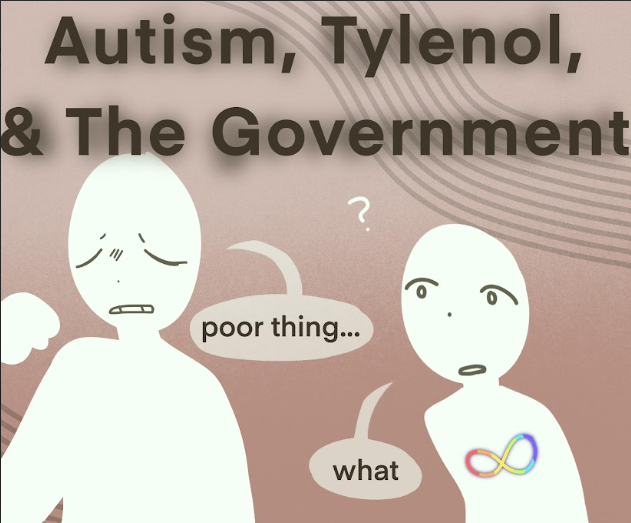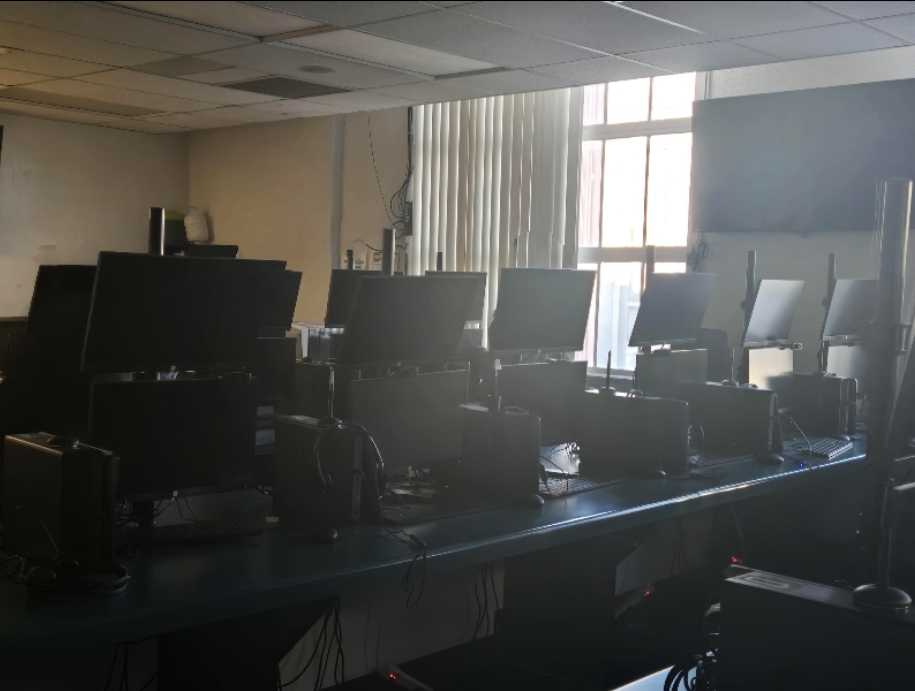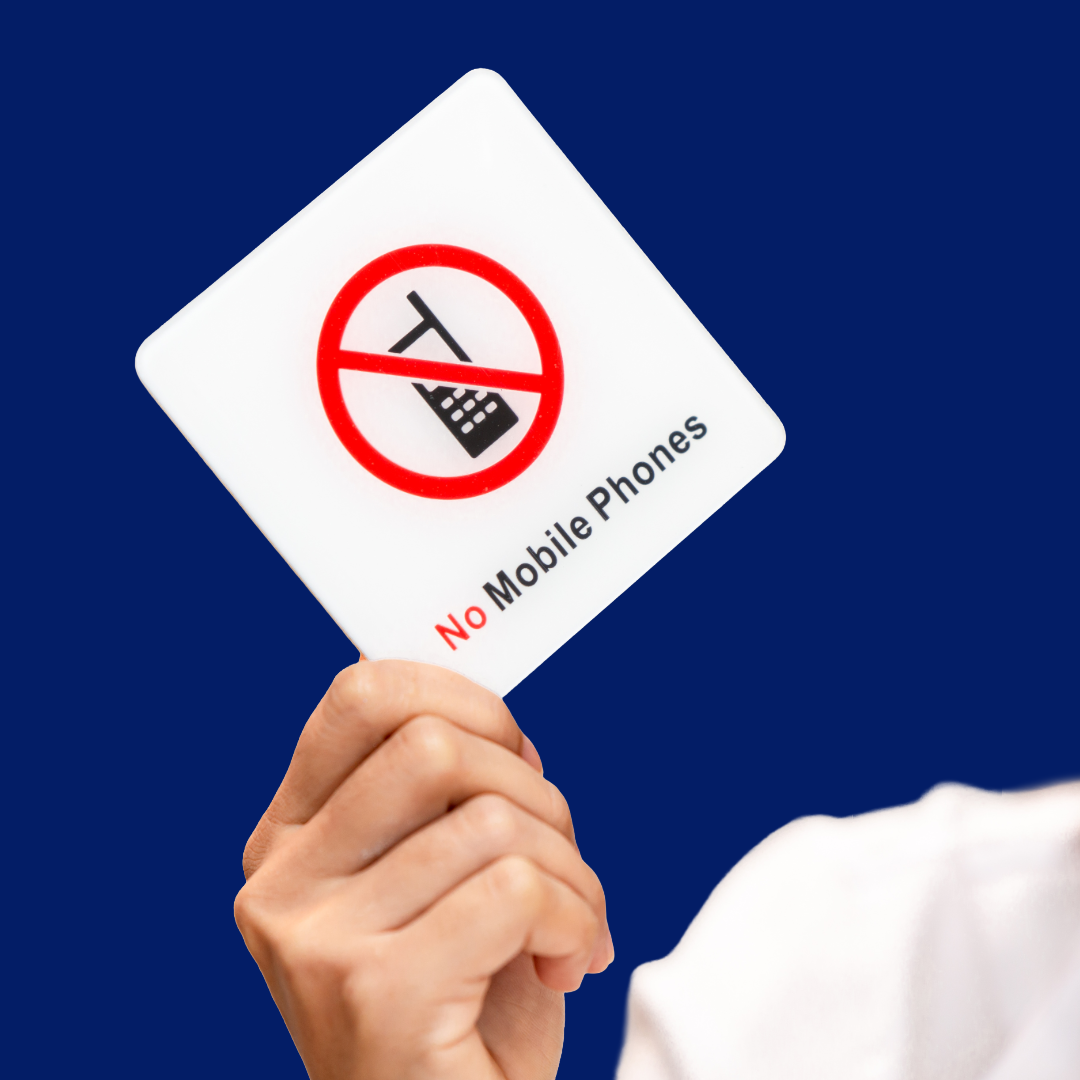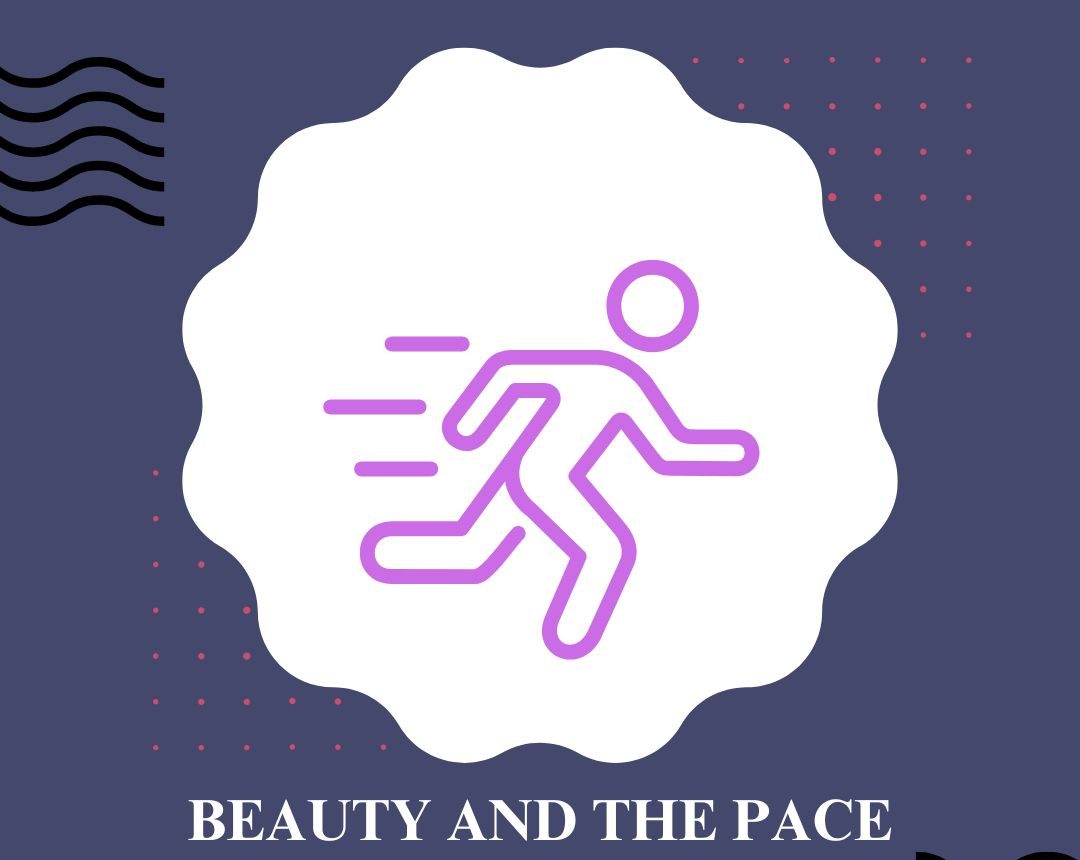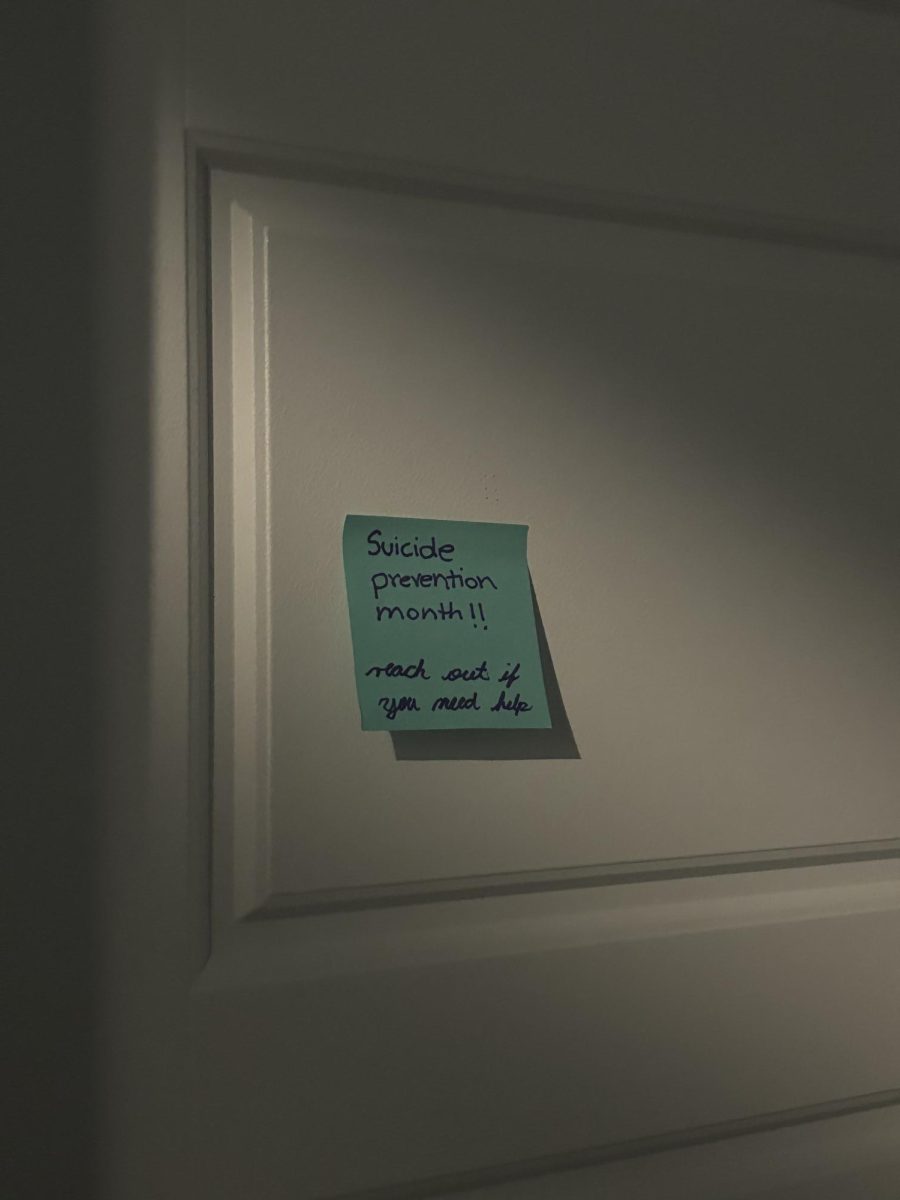On June 18th, 2025, a study came out from the University of California, Columbia University and Weill Cornell Medicine about whether or not addictive screen use is related to suicidal behaviors, suicidal ideation, and mental health in youth within the Unites States. Another came out from Weill discussing that study and what we could do to fix the problems that social media causes.
The study found that suicidal behavior and other mentally degrading problems are more frequently caused by the addiction to social media that some adolescents have, rather than the internet as a whole. Thus, the question here is simple: Does social media cause mental health issues?
The generally agreed upon answer is yes, but it’s not all bad. The connection people–especially younger people–have to the internet is one that varies too much for us to come to a specific conclusion on this topic. Although, using that study, we know that the increasingly addictive use of cellphones by teenagers has significant relation to the percentage of teens suffering from depressive, self-depricating, or suicidal thoughts and feelings.
There were two people interviewed, one being a student and the other being a teacher. Abigail Vargas, a freshman, said that she’s noticed, “many of my close friends have had many mental breakdowns, more often than they would if they were not on social media as much” said Vargas.
While these can damage a teen, it’s not only the media they consume can affect them. The interactions they have online and the people they meet can affect them, too. “I feel like being surrounded by negative things, and comparing yourself to others. I think that’s where that whole like suicide thing comes in,” said Kimberly Trueman, a teacher on campus.
When comparing themselves, teens may have habits that can cause them to emotionally isolate themselves. “Social media tends to cover more news, and because of that, we proceed to take in that news more often. And it does affect how we feel about certain people, certain things, certain topics.”, said Vargas.
Adolescents who are online are more at risk of falling prey to sex offenders or other people intending to cause harm, as said by the U.S. Department of Justice. In addition, beauty standards are typically rough and mean, boys and girls, but especially girls fall victim to unlikely-to-impossible standards for how their bodies and faces should look. That in itself is a reason why so many of these teenagers are suffering from internalized hatred for themselves and have a risk for suicide.
Even then, according to this study from the National Library of Medicine (NIH), the internet is a very useful resource for minors, “Social media can provide benefits for some youth by providing positive community and connection with others who share identities, abilities, and interests. It can provide access to important information and create a space for self-expression” said the NIH. This study even mentions how useful social media can be for members of the LGTBQIA+ community, circling back to the same people that could experience depression, suicidal thoughts, self-deprecating thoughts, and more from other sides of the internet.
According to the study from Weill, “Parents may want to pay more attention to how their kids are using their digital devices and consider having them evaluated for signs of addictive use,” from a postdoctoral associate in population health sciences at Weill, Dr. Yuan Meng, “If an addiction is identified, limiting use of mobile phones and social media for part of the day, may potentially reinforce addictive behaviors, so seeking professional advice is essential” said Meng.
Social media is an obvious problem for our youth, but if having healthy habits and routines going through a social site could let anyone ages 10-19 “feel more accepted (58%), like they have people who can support them through tough times (67%), like they have a place to show their creative side (71%), and more connected to what’s going on in their friends’ lives (80%)” from section The Potential Benefits of Social Media Use Among Children and Adolescents, said the NIH, maybe the best option here is for parents to teach their children how to avoid things that could lead them to self-harm, anxiety, depression, or general discomfort while using the internet, and to give people struggling the chance to get the help that they need.



